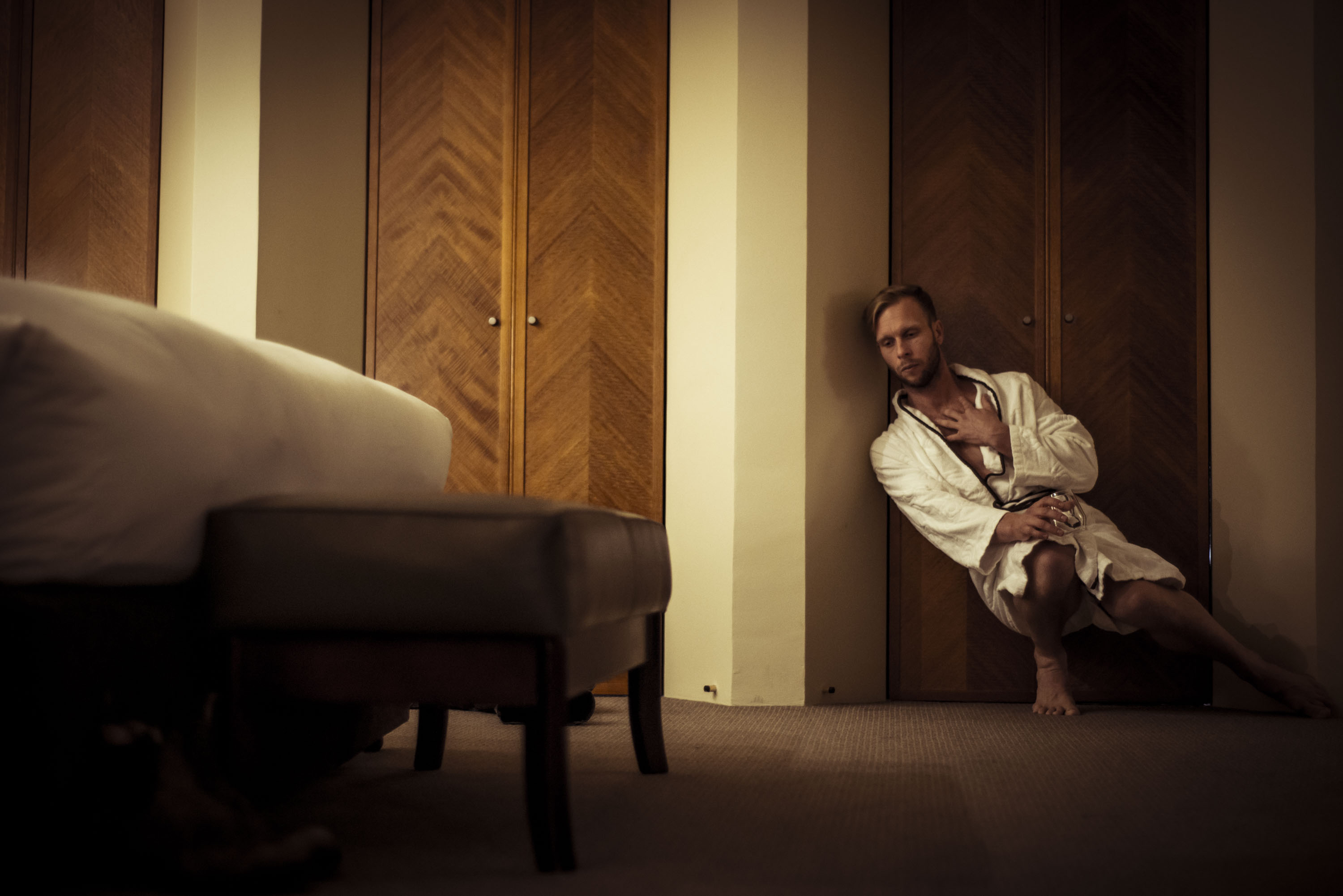Biladurang
Joel Bray grew up as a queer, light-skinned Aboriginal in a country town and never felt like he quite fit in.
By Tamara Howie
 Bray turned those feelings of displacement into an award-winning, one-man, dance theatre show, performed in the familiar yet foreign setting of a hotel room.
Bray turned those feelings of displacement into an award-winning, one-man, dance theatre show, performed in the familiar yet foreign setting of a hotel room.
The show, Biladurang, is based loosely on the Dreamtime story about a platypus of the same name. The platypus’s mother – a duck – was exiled from her home after straying into forbidden lands and having a baby with a water rat.
Why does the story of the platypus resonate with you?
It talks of being displaced from your home and being a kind of a mutant. I’m fair-skinned but Aboriginal, I grew up in connection with my culture through my father, but I also lived with my mother who’s of European heritage.
I grew up kind of not fitting in either world.
I was also queer and grew up in a conservative religious family, so not being quite sure where you fit is a really palpable thing for me – that’s what the work is really about.
Tell us more about the show.
It’s autobiographical about a person who is in his mid 30s, queer, light-skinned Aboriginal, who takes a moment to ask ‘where am I’? Is this who I’m supposed to be?'
It’s a lot of fun. The kind of work I make is making fun of the weird stories of my life and there’s a lot of self-deprecating humour – I don’t want to spoil it, but people get to have a lot fun.
Why did you want to perform the piece in a hotel room?
The hotel room is perfect because it’s a super familiar place. They’re pretty standard but also nowhere – it’s not home or work or a place of leisure, it’s a temporary version of all of those.
Space makes us respond by habit. When we walk into a theatre we know when to clap and we sit in the dark and shut up, we have a certain way of behaving.
Being able to have the performance in a difference space allows people to respond however they want to.
